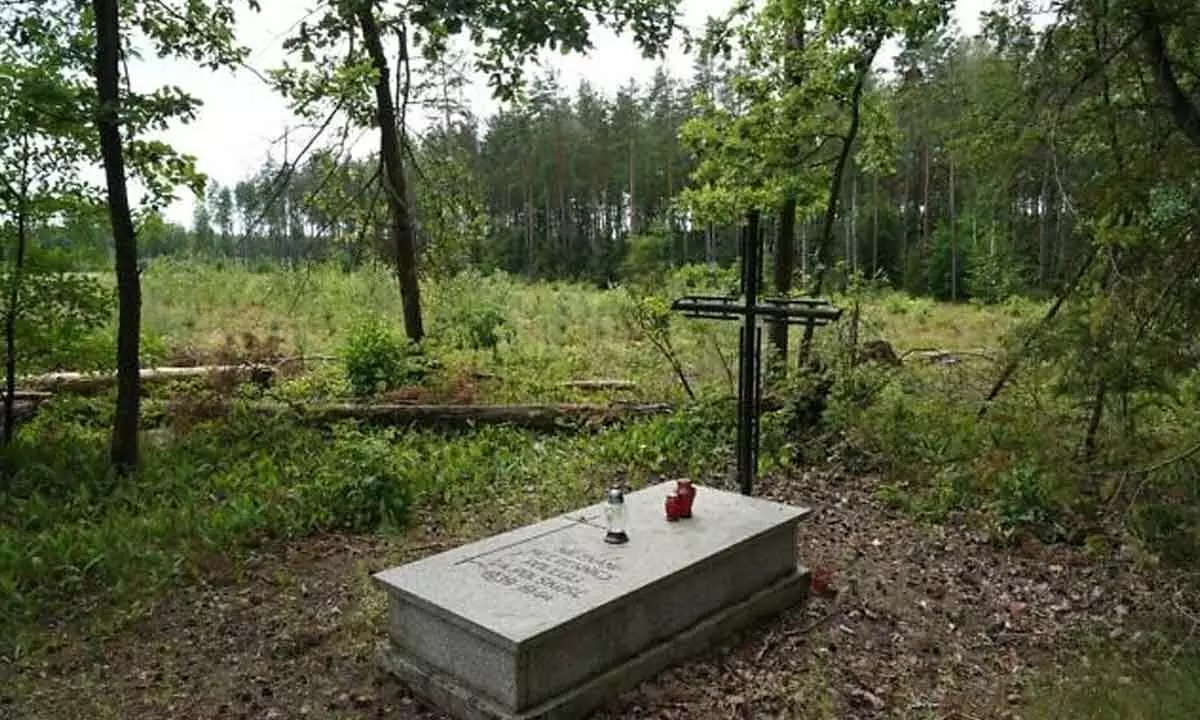Live
- Rashmika Mandanna Drops Major Hint About Her Wedding Plans with Vijay Deverakonda
- Double murder accused arrested
- Austria's Freedom Party wins 1st state election in Styria
- GMC related services through call centre from today
- JPC on Waqf Bill seeks extension for comprehensive consultations
- PM to take part in a host of programmes in Vizag on Nov 29
- Bigg Boss Telugu 8 - 13th Week Nominations: Intense Fights and Key Contestants Nominated
- Maharashtra Congress chief Patole 'quits', party denies
- Lokesh lambasts Jagan for imposing a burden of Rs 6,500 cr on State govt
- Trans women in India face stigma, depression, anxiety, and suicidal thoughts: Study









